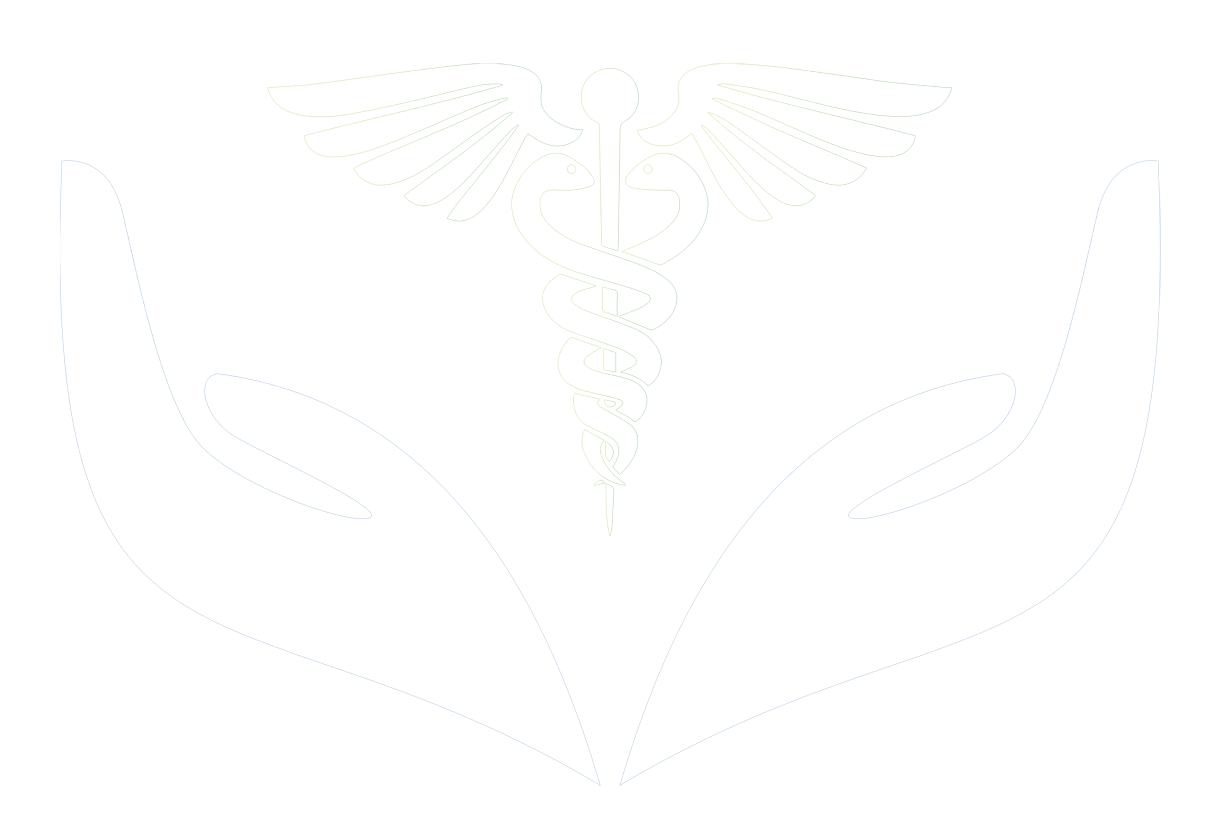Chronic obstructive pulmonary disease (COPD) occurs in the lungs when damage to the lungs causes them to swell and become irritated. This damage reduces the amount of airflow that can enter and exit the lungs, known as an obstruction. Those with COPD often cough daily, struggle to breathe, and might wheeze as they breathe, and could greatly benefit from home care services.
Two Types of COPD
Chronic Obstruction Pulmonary Disease is a broad-spectrum name for several health conditions. The two most common conditions that people with COPD have are Chronic Bronchitis and Emphysema.
Chronic bronchitis is defined as the inflammation of the tubes that bring oxygen to the lungs. The lining of the tubes, called bronchi, becomes so inflamed that good airflow cannot occur, and mucus builds up within the tube.
With emphysema, it is the small air sacs (known as alveoli) that are damaged and, therefore, cannot pass enough oxygen into the blood. It is common that people with COPD often have both conditions at the same time.
COPD Risk Factors
Chronic Obstruction Pulmonary Disease is often called the “smoker’s disease.” About three-quarters of those who develop COPD develop it from smoking tobacco. A standard cigarette, when smoked, creates 7,000 chemicals, many of which are harmful. These chemicals, over time, will weaken the lungs and make them more susceptible to infections and disease. Other nicotine products like e-cigarettes and vapes also damage the lungs. But smoking isn’t the only cause of COPD.
Someone who has never smoked may still develop the disease due to exposure to any of these risk factors:
- Long-term exposure to chemicals and fumes, especially in a work environment.
- Exposure to the fumes from burning oils to warm a home without proper ventilation.
- Air pollution. Those who live in areas that constantly have poor air quality are more likely to suffer from COPD.
- A genetic disorder called Alpha-1 antitrypsin (AATD) deficiency, in which the body cannot create enough Alpha-1 proteins to protect the lungs.
Reducing Your Loved One’s Risk of Developing COPD
You cannot go back in time and undo any harm delivered to the lungs, but you can help your loved one reduce his risk of developing COPD by helping him avoid the triggers that lead to COPD. For most people, that will entail finding a way to quit smoking, which can be a very daunting task, especially if your loved one has a history of attempting to stop smoking over the years.
Five Tips to Quit Smoking
- Enlist help. From family to home care providers, to neighbors, encourage your loved one to share with others his intent to stop smoking. By having this knowledge, his friends, family, and home care providers can know to not smoke around him and offer encouragement when he’s struggling.
- Get rid of all tobacco products. It might be hard to throw away items that he spent his money on, but getting the temptation out of the house is an important step to helping him avoid lighting up.
- Manage stress levels. While there are some stressors your loved one has no control over, help him learn how to manage the stress that comes his way. This might involve exercising, meditation, or simply being okay with talking it out with a caring individual, such as a home care provider.
- Avoid triggers. If certain daily habits always include smoking, help your loved one develop new habits to replace those old ones.
- If he fails, try again. His health depends on it.
If you or an aging loved one are considering Home Care in Marblehead, MA, please contact the caring staff at Uniting With You Home Care today. Call (781) 593-1682
Uniting With You Home Care is a Trusted Home Care Agency serving Marblehead, Nahant, Salem, Danvers, Lynn, Saugus, Revere, Beverly, Malden, Peabody, Melrose, Chelsea, East Boston, Middleton, Andover, Lynnfield, Somerville, Swampscott, Everett, Winthrop, all of the North Shore, and Essex County.
Sources:
Our staff includes nurses (RNs and LPNs), Home Health Aides (HHAs) and Personal Care Attendants (PCAs). We also offer Homemaker/Companion Care and other supportive services, available to our clients 24/7. All staff members are bilingual (English/Spanish). Through continuing education opportunities, we ensure that all staff members employed by Uniting With You Home Care maintain their professional development and exceed industry skill standards.
We recognize that welcoming caregivers and companions into your home requires a high level of trust and confidence. To ensure this trust, all staff members are carefully screened through extensive background checks.
Uniting With You Home Care provides services to clients on the North Shore and Greater Boston area; payment for services is accepted through Medicare or private pay.
- Why Respite Care Is So Important If You’re Caring For A Parent With Alzheimer’s - January 9, 2025
- Understanding the Importance of Collaboration Between Skilled Nursing and Family Members - December 24, 2024
- Expert Tips For Helping A Senior Parent Shower Safely - December 6, 2024




